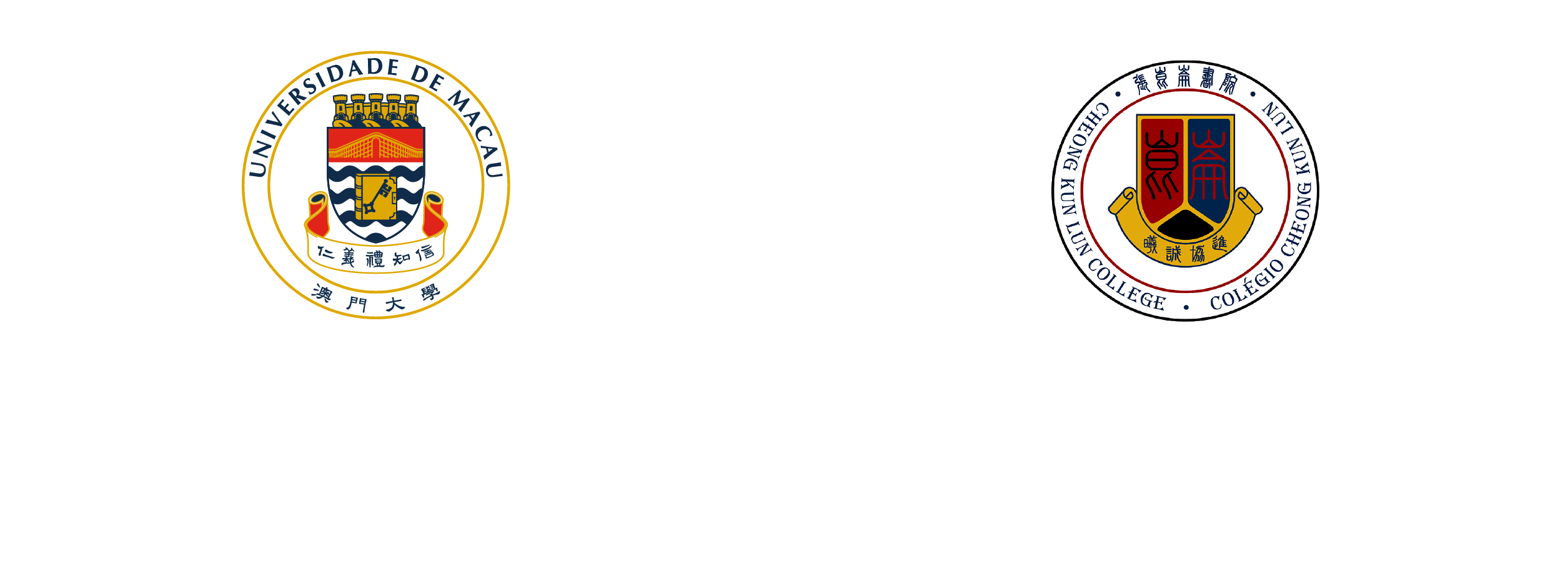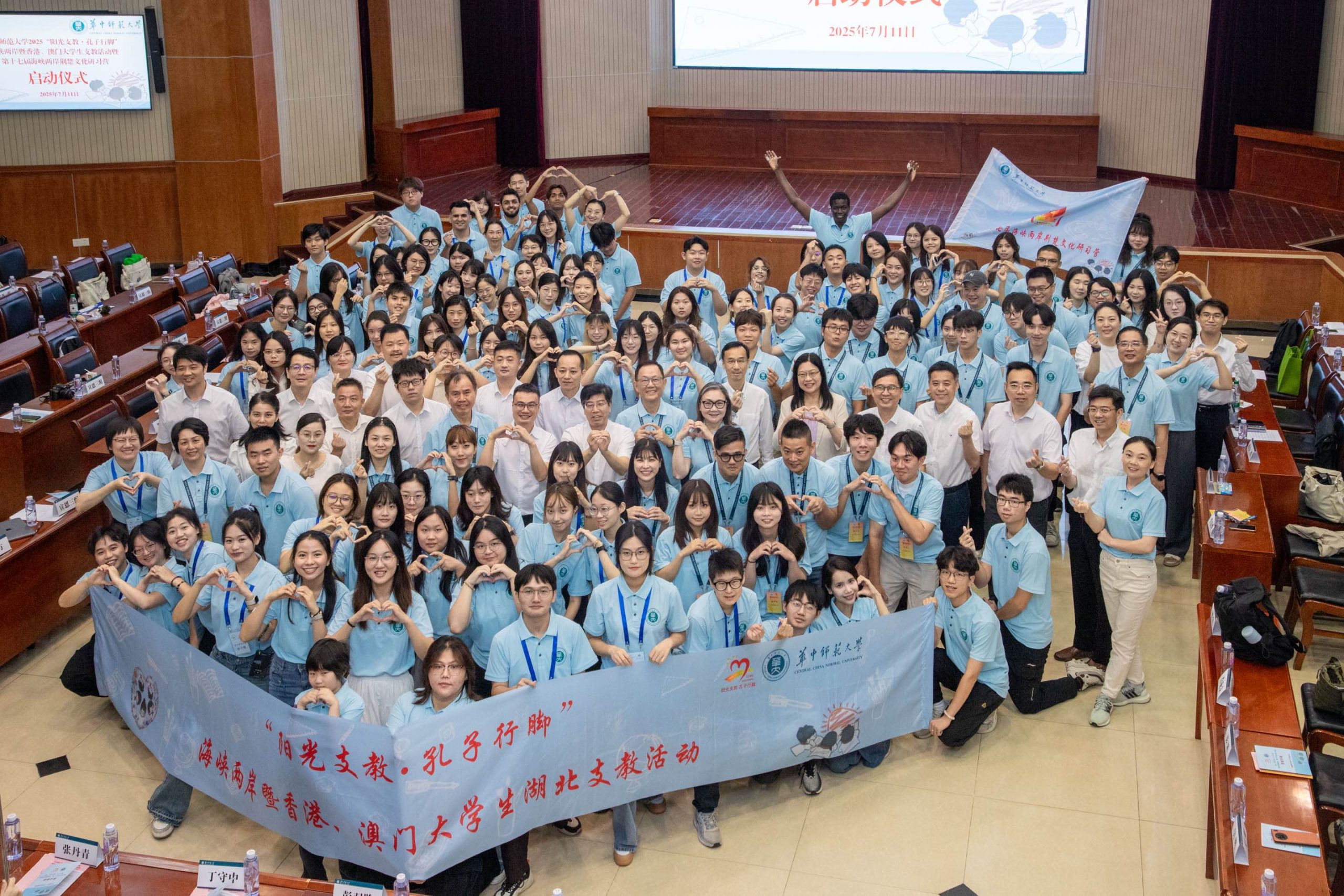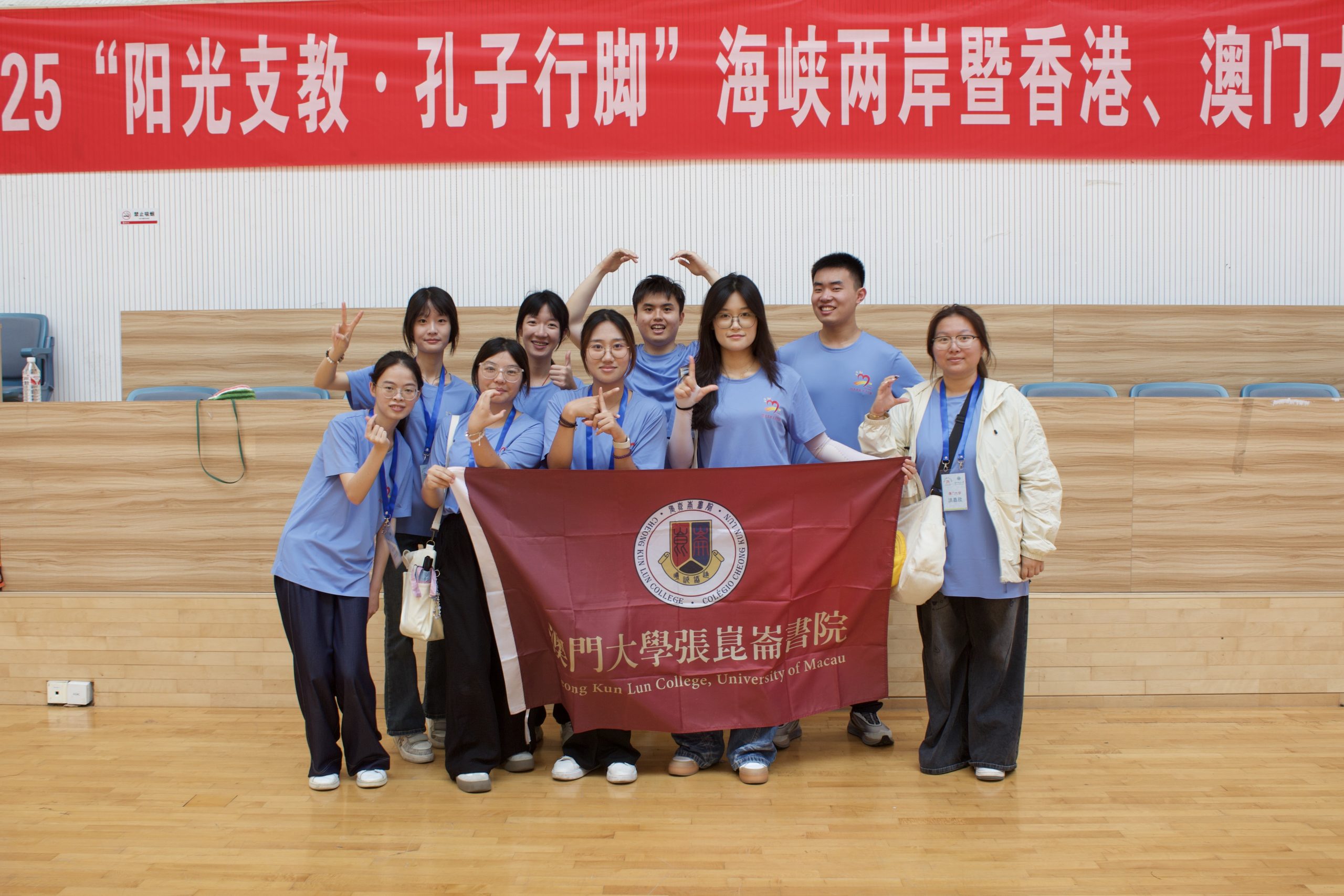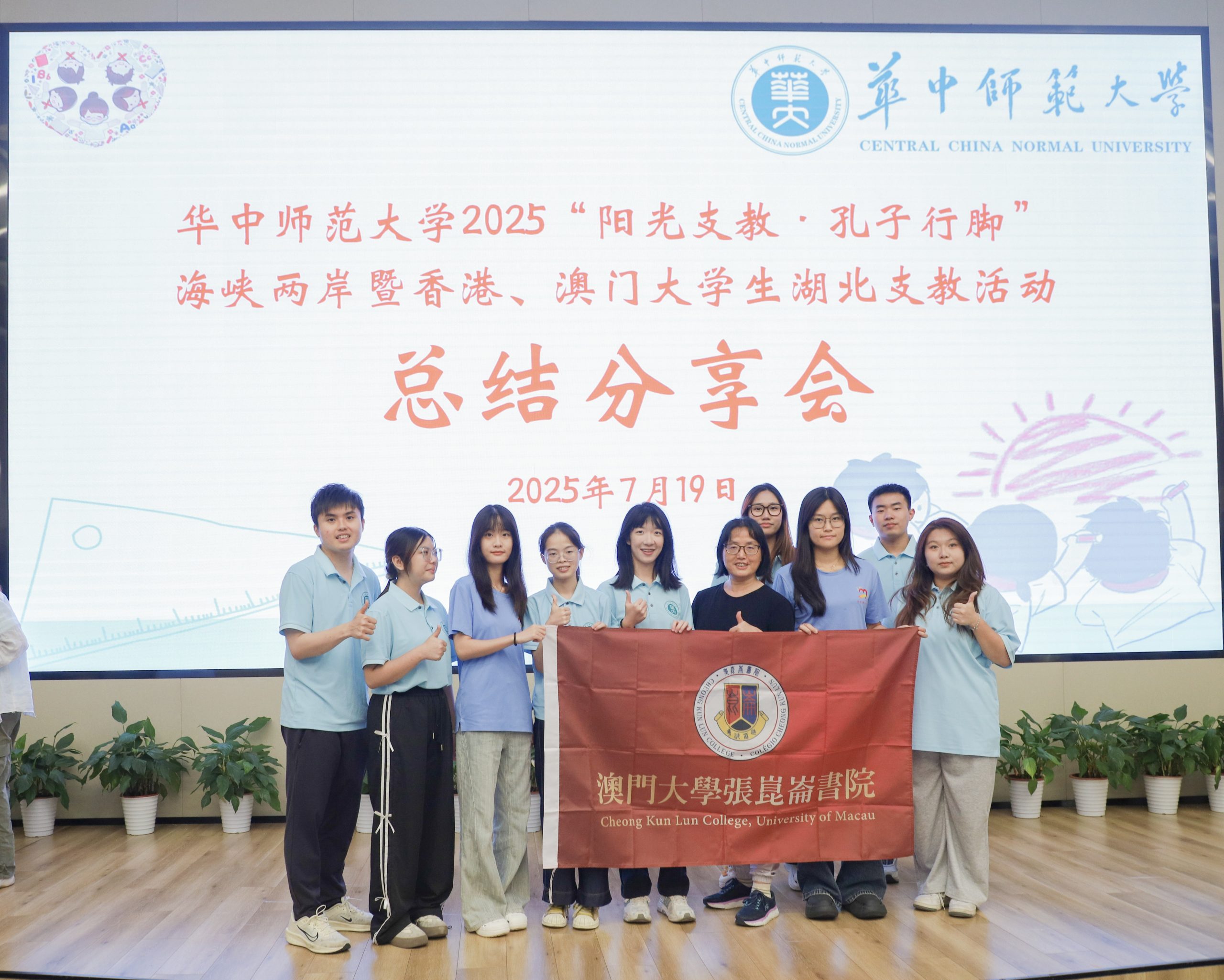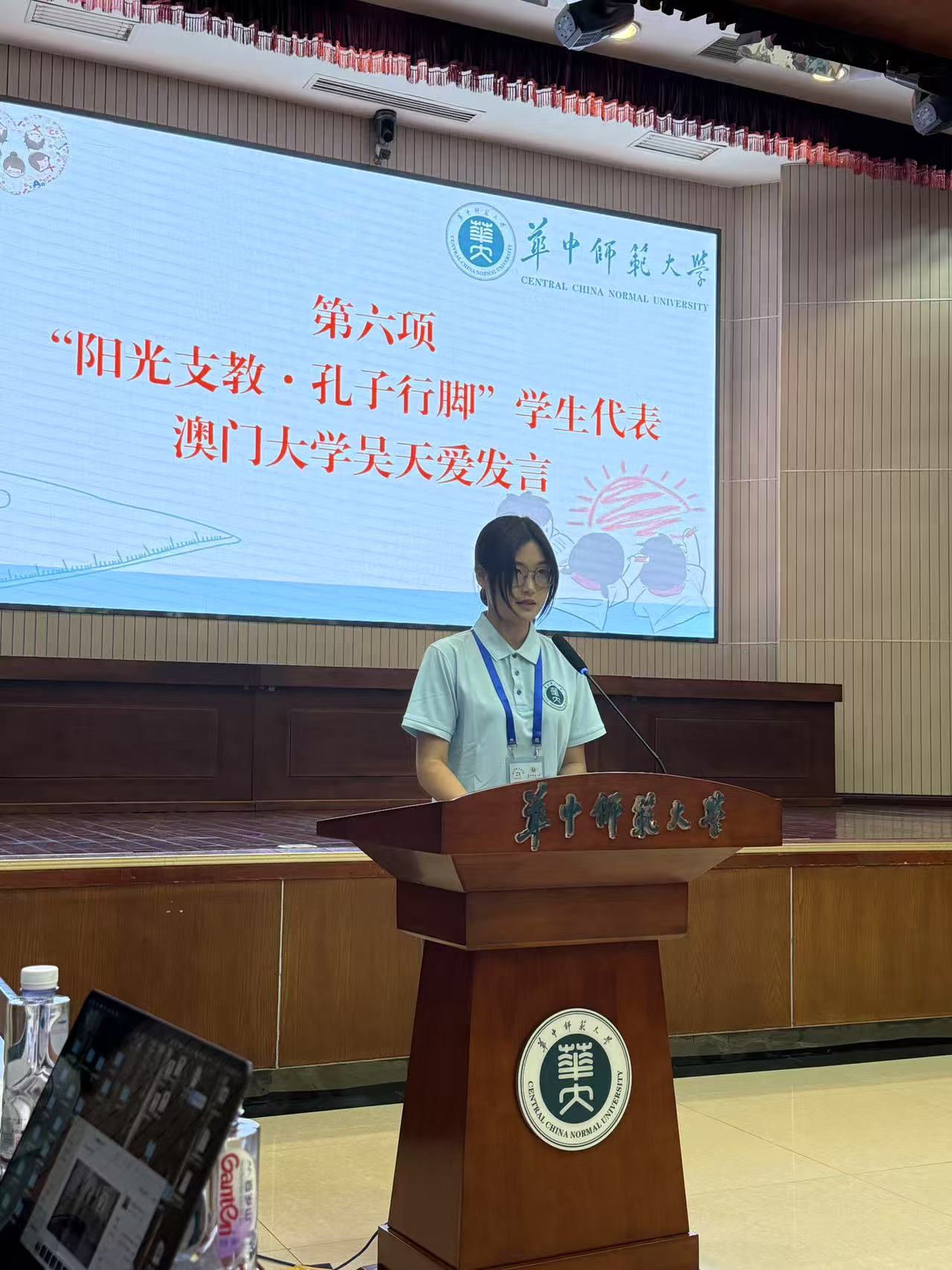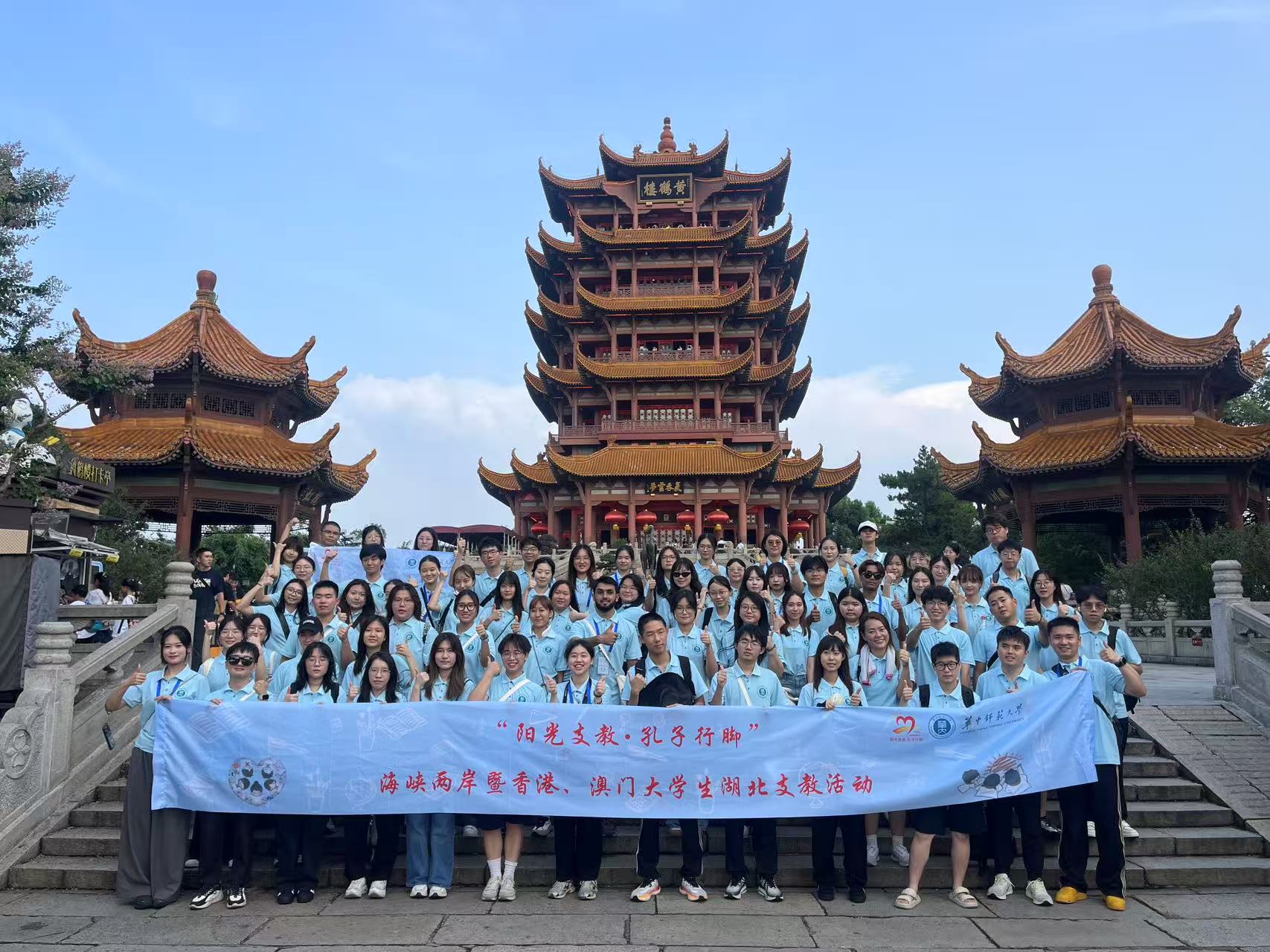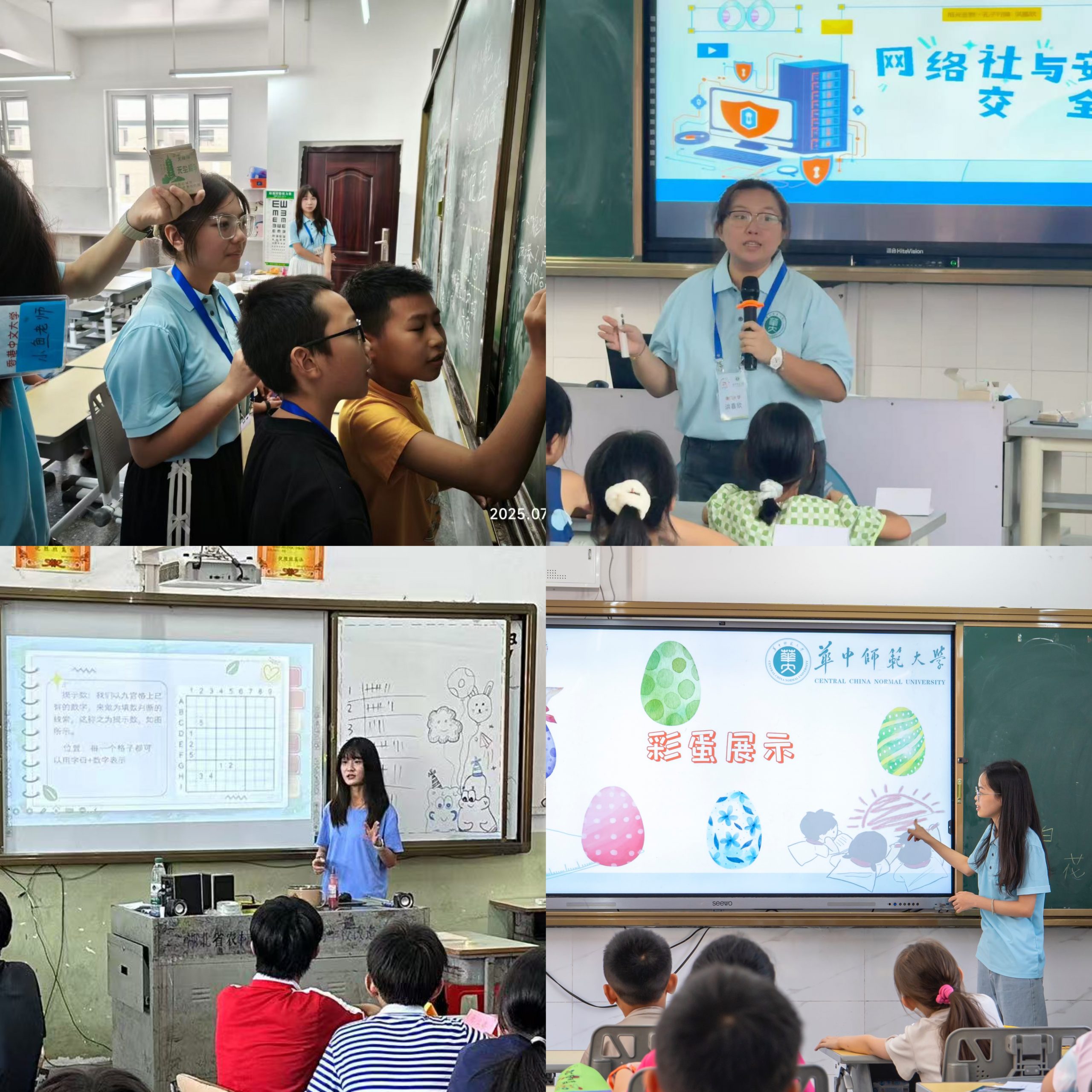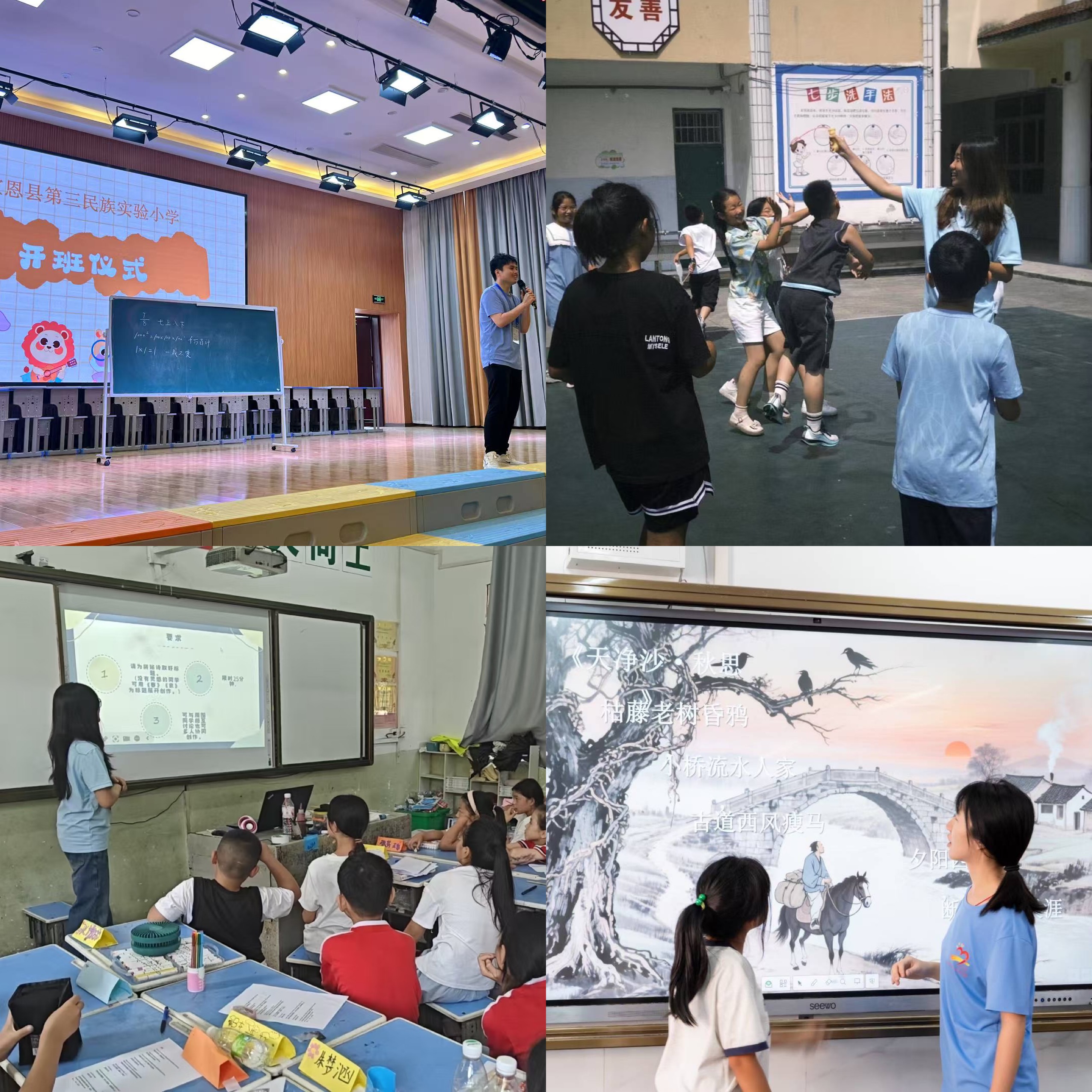「薪火相傳,情系荊楚」——澳門大學張崑崙書院湖北支教深化兩岸四地教育交融
為深化澳門大學生教育實踐能力,厚植家國情懷,強化澳門在兩岸四地中的紐帶角色,並推動澳門深度融入國家教育發展大局,澳門大學張崑崙書院師生代表團一行9人以及教育學院代表學生,2025年7月9日至20日遠赴湖北,在華中師範大學及當地政府鼎力支持下,於恩施、宜昌、黃岡等地成功開展“陽光支教·孔子行腳”暑期實踐活動。此次活動不僅是一次教育幫扶,更成為中國青年學子文化交流、共築教育理想的生動課堂。
一、「文化溯源:感悟荊楚千年文脈」
活動伊始,澳大師生與華中師大夥伴共訪武漢文化地標。登臨黃鶴樓,俯瞰江城氣象;漫步湖北省博物館,在越王勾踐劍等國之重器前聆聽歷史回響。張崑崙書院院生吳天愛在參觀後由衷贊嘆:「寒光耀千古,此劍錚鳴盡是華夏不折的智慧與傲骨!」。詳實的文物與領隊深度講解,令澳門學子深切感受到荊楚文化的博大精深與中華文明的永恆魅力,為後續支教奠定了堅實的情感與文化根基。
二、「陽光支教:播撒知識,收穫成長」
文化浸潤後,學子們分組深入恩施、宜昌、黃岡登等地的中小學校,開啓支教征程。他們精心設計豐富多元的趣味課程,為鄉村兒童帶去知識與歡樂。課堂之外,師生們更走進學生家庭開展家訪,與家長真誠溝通,深入瞭解當地教育生態。儘管盛夏湖北酷熱難當,但全體成員以頑強毅力克服困難,圓滿完成高強度的一周教學任務。當支教地小朋友學生用最真誠的目光在課間中講出:「我以後也要想老師們一樣,唸大學,當老師!」的時候,所有支教小老師們都明白到,教育本身就是雙向成長的旅程,老師們以微光傾注,收穫的卻是孩子與家長的整片星河。這份親歷的感動,詮釋了支教最本真的價值。
三、「育人育己:踐行使命,鍛造擔當」
澳門大學教育學院張春蓮副教授與張崑崙書院導師陳家豪博士皆認為,義教活動歷來是書院教育與教育專業學生的核心項目,雖挑戰艱巨,但回報深遠。本次“陽光支教”創新採用華中師大統籌、多地高校聯動的模式,為澳門學子提供了前所未有的實踐平台。活動中,兩岸四地青年為共同教育理想匯聚協作,不僅提升了人際交往、團隊協作與問題解決等核心能力,更在實踐中深刻體認教育工作的神聖與鄉村發展之需。
四、「共築未來:青年擔當與命運共同體」
活動深刻呼應了國家領導人對青年「興國強國」的期許及構建「人類命運共同體」的宏願。此支教項目締結兩岸四地學子情誼,為師範生提供實戰練兵場,啓迪非師範生領悟教育真諦,立志成為有擔當的教育者。同時,澳門青年深切體會鄉村教育振興其意義之深遠,把個人志向與國家發展大局融入到一起這份使命亦是時不我待。
本次由華中師範大學主辦的“陽光支教·孔子行腳”湖北行,不僅是一次成功的教育實踐,更是澳門融入國家發展、青年學子共擔時代使命的典範。它彰顯教育交流在促進民心相通、培育家國情懷中的不可替代作用,為深化內地與澳門教育合作書寫了嶄新篇章。
“Passing the Torch, Deepening Bonds: UM Cheong Kun Lun College’s Hubei Teaching Program Strengthens Educational Integration Across Mainland, Hong Kong, Macao, and Taiwan
To enhance Macao university students’ educational practice capabilities, cultivate patriotism, strengthen Macao’s bridging role across the Mainland, Hong Kong, Macao, and Taiwan, and promote its deeper integration into national educational development, a delegation of nine representatives from the Cheong Kun Lun College at University of Macau, along with Faculty of Education (FED) students, conducted the “Sunshine Teaching Program, Confucius Footsteps” summer initiative in Hubei from July 9 to 20, 2025. Supported by Central China Normal University (CCNU) and local governments, the program unfolded across Enshi, Yichang, and Huanggang. Beyond educational assistance, it became a vibrant platform for cultural exchange and shared educational ideals among Chinese youth.
1.Cultural Roots: Tracing a Millennium of Jing-Chu Heritage
The journey began with UM students and CCNU peers exploring Wuhan’s cultural landmarks. Ascending Yellow Crane Tower, they overlooked the river-city panorama; at Hubei Provincial Museum, they absorbed history before national treasures like the Sword of Goujian. CKLC and FED student Tianai Wu marveled: “Its cold gleam echoes through millennia — this blade’s ring embodies China’s unbroken wisdom and unyielding spirit!” Artifacts and expert narratives deepened students’ appreciation of Jing-Chu culture’s profundity and Chinese civilization’s enduring charm, laying emotional and cultural groundwork for teaching.
2. Sunshine Teaching: Sowing Knowledge, Reaping Growth
After cultural immersion, students divided into groups for teaching missions at primary/secondary schools in Enshi, Yichang, and Huanggang. They delivered creatively designed courses, bringing knowledge and joy to rural children. Beyond classrooms, home visits fostered genuine dialogue with parents, revealing local educational realities. Despite Hubei’s sweltering heat, the team persevered through intensive week-long teaching. When children whispered, “I want to be like you — study at university and teach in the future!” their earnest gazes illuminated teaching’s dual reward: educators ignite sparks yet harvest constellations. This firsthand impact embodied the program’s purest value.
3. Educating Self and Others: Fulfilling Missions, Forging Responsibility
Despite challenges, returns are profound. This year’s innovative model—orchestrated by CCNU with multi-university collaboration—provided unprecedented practical exposure. Youth from across regions united by educational ideals honed interpersonal, teamwork, and problem-solving skills while recognizing education’s sanctity and rural development needs.
4. Building Futures: Youth Responsibility and a Shared Destiny
The program resonated with national leaders’ vision for youth to “rejuvenate the nation” and build a “community with a shared future for mankind.” It forged bonds among students across regions, offered teacher trainees real-world experience, and inspired non-education majors to embrace teaching as a calling. Macao youth grasped rural education’s transformative significance, aligning personal aspirations with national development—an urgent mission of our times.
Hosted by CCNU, “Sunshine Teaching Program · Confucius’ Footsteps” in Hubei stands not only as a successful educational endeavor but also a model of Macao’s national integration and youth’s shared commitment. It highlights educational exchange’s irreplaceable role in fostering mutual understanding and nurturing patriotism, writing a new chapter in Mainland-Macao educational collaboration.

